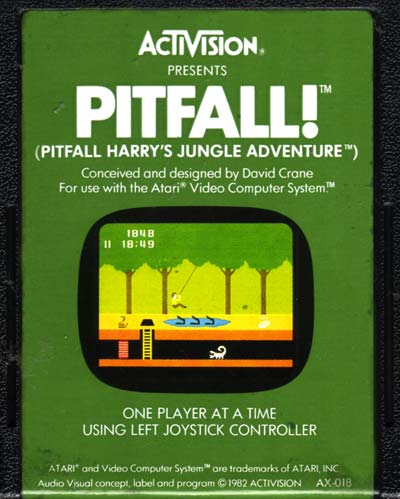In a previous post, I discussed who owns copyright to a work in view of Copyright law’s so called “Work Made For Hire” doctrine. As mentioned, the answer is somewhat shocking to people who are unfamiliar with the law. Put simply, many people or companies who “hire” another to create a “work” do not own the rights to that work (and, to be clear, federal law distinguishes ownership of a material object from ownership of copyright). This post is about how to avoid (or fix) this problem, and the answer is straightforward – a copyright assignment.
What is a copyright assignment? A copyright assignment is a contract whereby the owner of copyrights in a work transfers ownership of those rights to another person. While some oral contracts are valid, federal law requires that copyright assignments be in writing and signed.
What can an assignment transfer? An assignment can transfer any of the rights conferred by statute. This includes all of the rights listed in 17 USC 106, including, without limitation the right to make copies of a work, the right to distribute a work publicly, the right to publicly perform or display a work, and the right to make derivative works from a work. Also, an assignment can transfer some or all of these rights, as well as (optionally) the right to sue for past copyright infringement. Therefore, for example, a book author could sell the rights to make copies and distribute her book, while not selling the right to make derivative works from her book.
A copyright assignment can be retroactive. So, perhaps not all is lost for a business who wants to seek a copyright assignment long after a work is created. However, there are some pitfalls associated with retroactive assignments that you should discuss with your lawyer.

Not this kind of Pitfall. But, check out the the copyright notice on that cartrdige
There are also other pitfalls. For example, if a contract for software development contains a copyright assignment clause and it turns out that the assignee breached the contract, then the assignor (the original owner) could, for example, claim that the assignment did not occur or should be rescinded. So, when dealing with copyright assignments, it is important to consult with your lawyer.

Leave a Reply